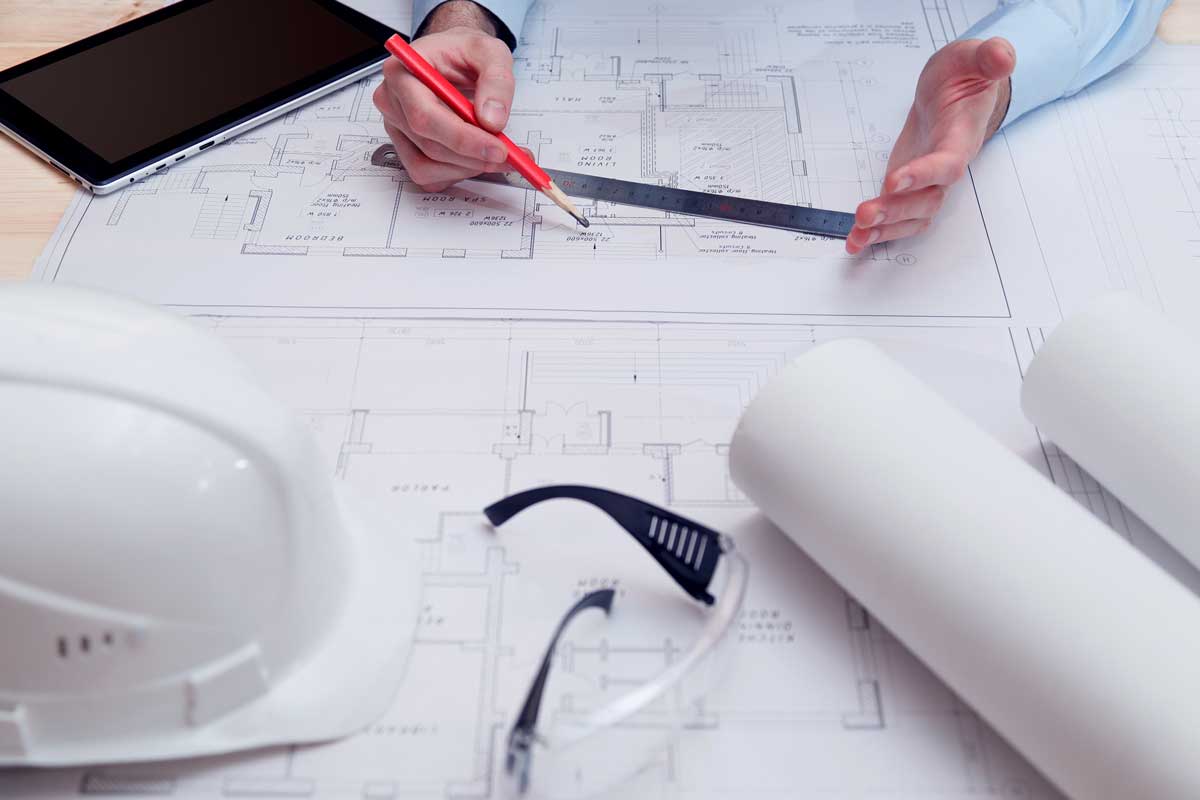

Engineering services represent one of the largest sections of the industrial world, with an estimated $750 billion worth of value addition per year. These services comprise a vast swathe of design and support services essential for the functioning of practically every industry, spread across the entire spectrum of engineering.
A significant portion of these services also are being outsourced and there is potential for more outsourcing in this field.
Engineering services are service functions directly linked to or related to core engineering processes. Examples are: (1) CAD / CAM (computer aided manufacturing / design), (2) Auto design, (3) Failure analysis of structural steel. A definite difference lies between engineering functions and engineering service functions. Auto engine manufacturing is an engineering function, while a similar engineering service function lies in engine design. It is analogous to the difference between manufacturing and manufacturing support services.
Engineering services work is taken to be a value-added service. It is not possible to be automated due to various factors and emerging technologies. Engineering services keep in touch with the client at all steps. The user may be included in the process too. It is an iterative process, where consistent reevaluation of the process and the progress is required. Modifications are involved as a natural part of the overall process. Once completed, engineering services may cover the operation, the sales, or instruction on the use of the product.
Engineering services are divided into phases: (1) Idea Phase - Identification of a problem or an idea (new building, product) (2) Analysis of the idea or problem. Solution is designed under guiding factors listed below. (3) Test Phase - The engineer applies the design to a model to test. This would occur more frequently with products as opposed to construction. (4) Manufacturing or Construction Phase - Engineering services supervise the manufacturing processes (for electrical and mechanical engineering), construction (mainly for civil engineering), or improvements made to a plant operating system. Modifications are made during this process. (5) Product Completion or Production-Engineering service provider or manufacturer may simply hand product over to the client (e.g. electrical device).
(4) Manufacturing or Construction Phase - Engineering services look after the supervision of manufacturing processes (for electrical and mechanical engineering), construction (primarily for civil engineering), or improvements made to a plant operating system. In this process modifications are added. (5) Product Completion or Production-Engineering service provider or manufacturer may simply hand product over to the client (e.g. electrical device).
Also, they may sell the product (e.g. scientific instrument), may actually operate the product (power plant), or may teach the operation to the user (e.g. office building). Standards play a large role in engineering work as much of engineering results in the design of products. Standards serve to facilitate the reproduction and ensure compatibility between products. This could be in the form of standard software formats or guidelines for fitting screws or pipes.
